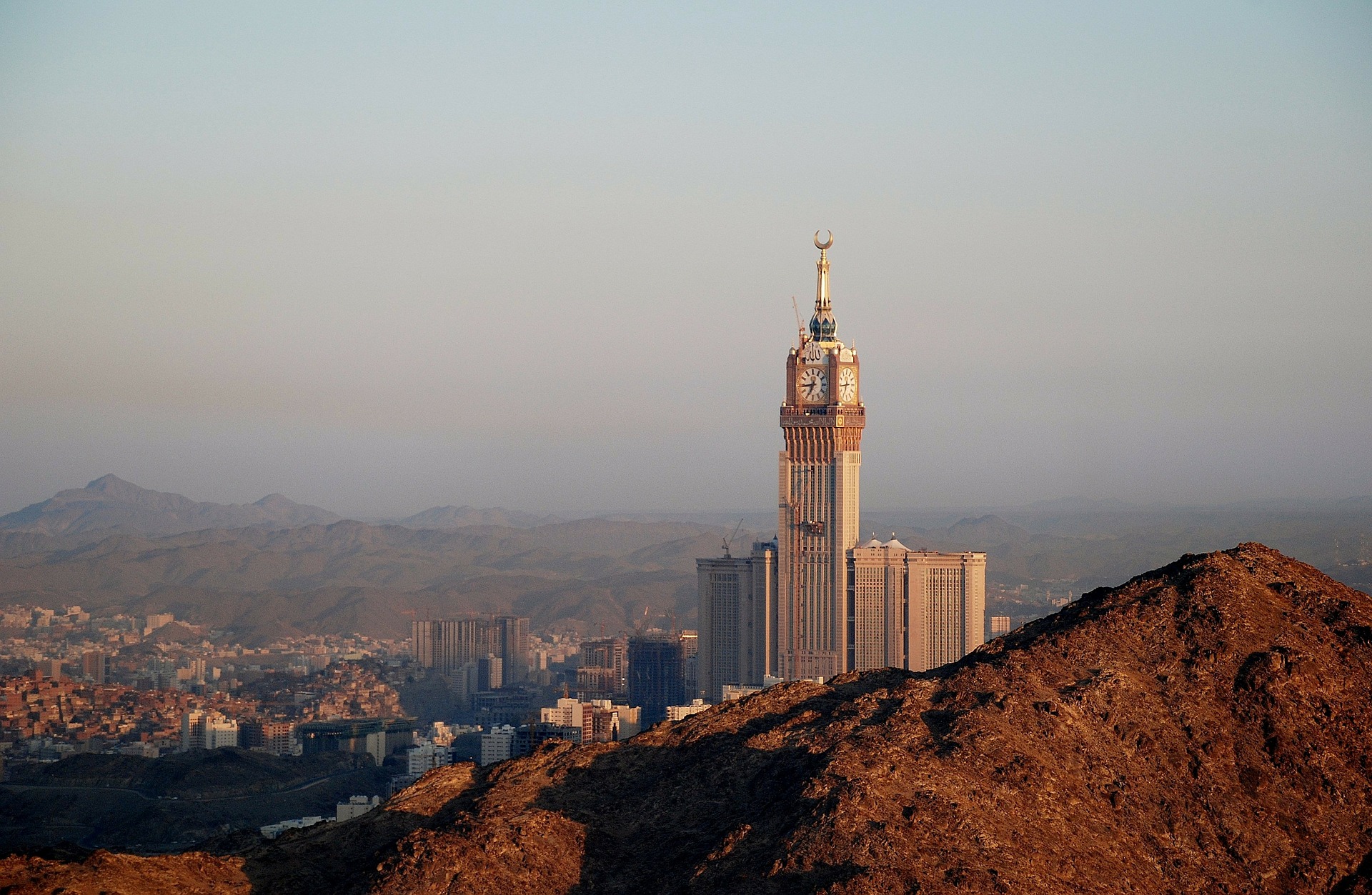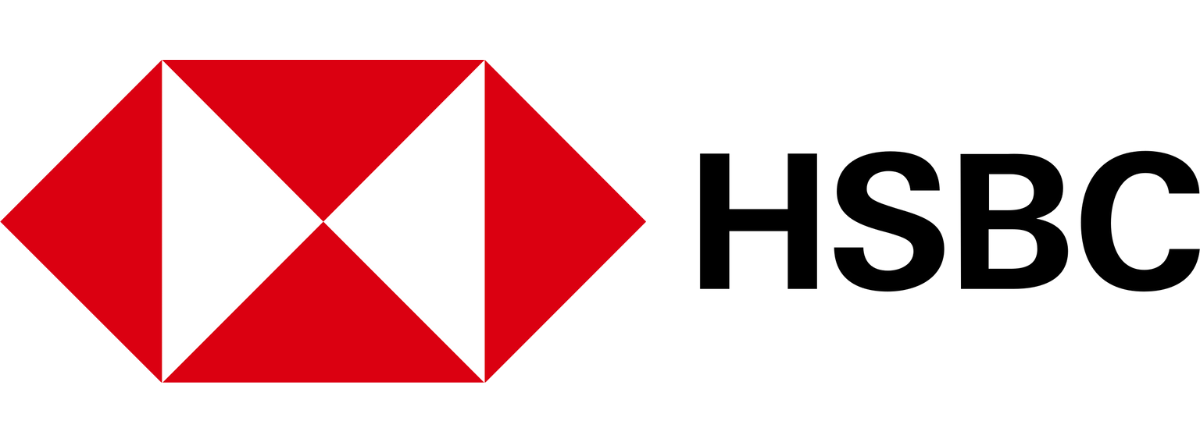European ETF investors are simply loving Saudi Arabia at the moment with two ETFs pulling in almost $1bn last week.
According to data from Ultumus, the iShares MSCI Saudi Arabia Capped UCITS ETF (IKSA) pulled in the most money out of all ETFs listed in Europe in the week to 17 May, posting inflows of $613m.
On top of this, the Invesco MSCI Saudi Arabia UCITS ETF (MSAU) was snapping at its heels after investors poured $346m in the same week, the third highest inflows across all ETFs in Europe, taking its assets under management to over $1bn.
The big inflows into a relatively small stock market come after the major index providers, S&P Dow Jones, FTSE Russell and MSCI, decided to include Saudi stocks from the main Taduwal index across its major emerging market indices.
For example, MSCI’s inclusion will see Saudi stocks become around 2.7% of its flagship MSCI Emerging Markets index, which tracks around $1.9trn in assets. Overall, it is expected the $536bn stock market could see around $20bn inflows from passive products alone following all the inclusions.
However, Peter Sleep, senior investment manager at 7IM, warned investors should be careful when investing in any pure-play Saudi Arabia ETF as the index is not well diversified.
"At present, there is a heavy weighting to financials and materials, which makes up 80% of the index. This may make the index quite volatile; generally the biggest contributors to volatility in any index are these sectors," he said.
In the European ETF space, the battle to become king in Arabia is truly on. Invesco took the initiative by launching MSAU last June, while iShares hit back by unveiling IKSA in April, ETF Stream revealed.
The key difference between the two products is IKSA is physically replicated and charges 0.60% while MSAU is synthetically replicated and costs a total of 0.70%.
Although synthetic ETFs have been out of favour with investors since the Global Financial Crash due to issues around trust, they do have the advantage of accurate replication as the counterparty guarantees the returns of the index after fees. Physically backed products’ performance can vary due to tracking error from the portfolio manager.
The latest ETF provider to the Saudi party was HSBC Global Asset Management after it launched the HSBC MSCI Saudi Arabia 20/35 Capped UCITS ETF (HMSP), the cheapest product on the European market at just 0.50%.
Who will come out on top remains to be seen. It is well documented the advantages of being the first mover however, one can never rule out iShares in any assets race.






